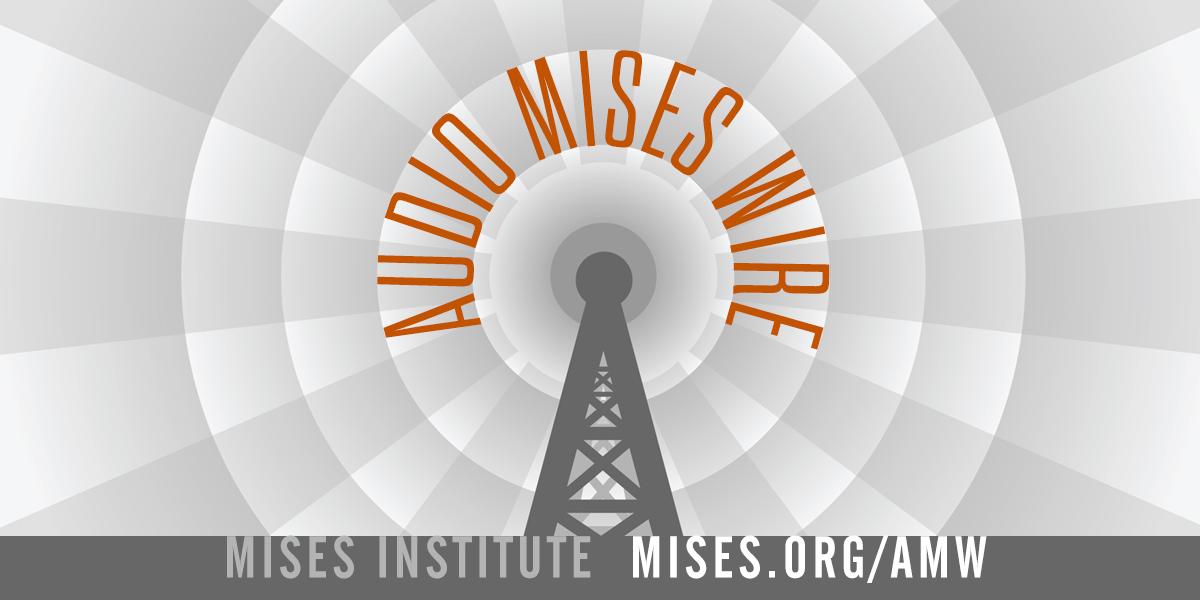The Mainstream Media Fails to Recognize Its Increasing Irrelevance
“The Establishment Media Is Unaware of Its Growing Irrelevance” discusses how traditional media outlets are losing their influence and relevance in the current digital landscape. The establishment media, often characterized by large newspapers, television networks, and major media conglomerates, has struggled to adapt to the rapidly changing media environment shaped by social media and alternative platforms. The author argues that this disconnect has led to a failure to recognize the shift in power dynamics between traditional media and new forms of communication, underscoring a need for establishment media to rethink its approach to news dissemination.
The article highlights how the rise of social media platforms has provided a voice to a broader range of perspectives, enabling individuals to bypass traditional media filters. Audiences are increasingly turning to digital platforms where they can access diverse viewpoints and engage in discussions that were previously dominated by establishment media narratives. This transformation has eroded the monopolistic hold that traditional outlets once had over information dissemination, thereby diminishing their authority and credibility among the populace.
Moreover, the author points out that the establishment media’s reliance on a corporate model has hindered its ability to connect with younger audiences who prefer authenticity and relatability in their news sources. Many young people see traditional media as out of touch, often favoring influencers and independent journalists who present news in a more accessible and engaging manner. This shift reflects a broader cultural change wherein the public is seeking more personalized and digestible forms of information, which establishment media struggles to provide.
The article also criticizes the establishment media’s tendency to perpetuate sensationalized narratives and prioritize entertainment over substantive reporting. This focus on clickbait and viral content has not only compromised journalistic integrity but has also alienated a significant portion of the audience seeking quality reporting. As trust in traditional media continues to erode, the public increasingly turns to alternative sources that promise more trustworthy and nuanced coverage.
In response to these challenges, the author emphasizes the need for establishment media to evolve. This evolution should involve embracing digital transformation and leveraging new technologies to engage audiences more effectively. By prioritizing transparency, accountability, and diversification in content delivery, traditional media can regain some of its lost relevance. The adaptation process, however, requires a critical reassessment of priorities within the industry, challenging longstanding practices and narratives.
Ultimately, the article posits that the establishment media’s growing irrelevance is a symptom of its failure to adapt to the digital age. The industry must reimagine its role as a curator of information and a facilitator of discussion, rather than merely a distributor of news. Only by acknowledging its shortcomings and evolving in response to the demands of a new media landscape can traditional media hope to regain the trust and engagement of today’s audiences.
Share this content:












Post Comment